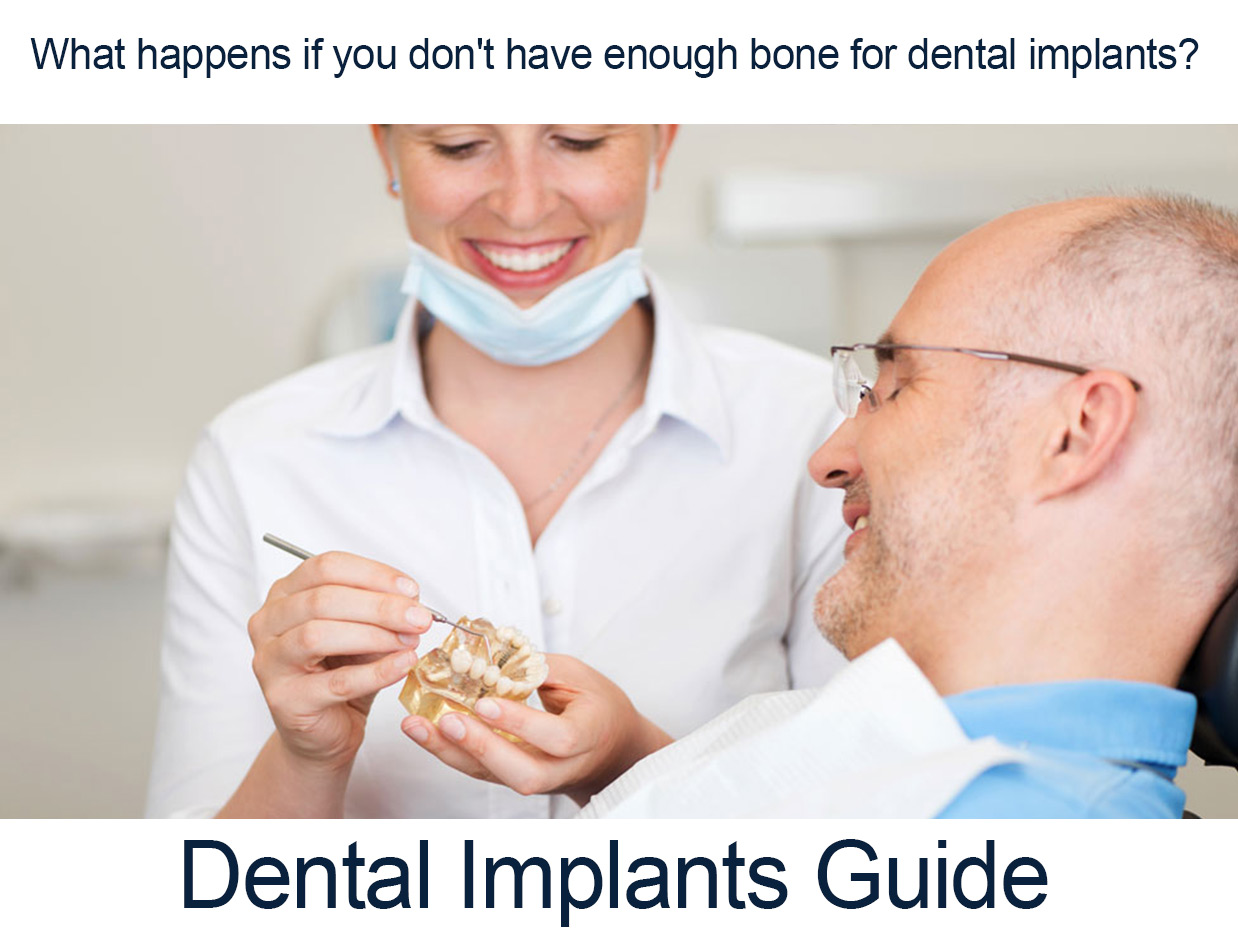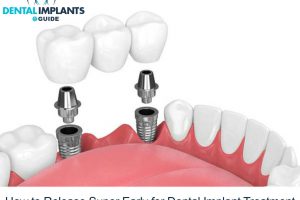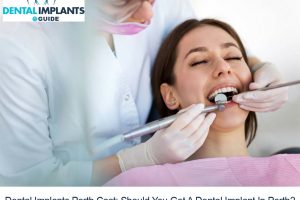What happens if you don’t have enough bone for dental implants?
What happens if you don't have enough bone for dental implants?
What happens if you do not have enough bone for dental implants? What happens if your insurance company does not pay for your dental implants? Most people who are looking for dental care, especially those who need cosmetic dental implants, do not have enough bone. Unfortunately, most insurance companies will not pay for such implants, but there are some insurance plans that can provide partial or full payment for this type of dental work.
High Quality Dental Implants Affordable Prices FREE Consultation

If you do not want to pay for the whole amount, you can apply for a federal health care program called Medicaid. You will have to pay a monthly fee for yourself and any family members that you get assistance for. However, Medicaid will pay for all oral work, not just cosmetic procedures. For those that qualify, there is no limit on the number of dental procedures you can get paid for per year. Here are the benefits of dental implants for seniors.

There are also grants available from state and local governments. Some states and cities offer free grant money to help with oral health needs. In some cases, you can get free X-rays and teeth cleanings to make sure you get proper care in order to get the best results. These types of free grant programs can be used to help with preventative care as well. This means that if you smoke or have a medical condition, you may be at risk of getting cavities or gum disease, which can cost hundreds of dollars to treat.
Can I get dental implants if I have bone loss?
And if you’ve lost all of your teeth and found your cheeks sinking inward, suggesting jawbone loss, a bone graft might not be sufficient to sustain your dental implants. Your dentist will take 3D photographs of your teeth, and your jawbone, at your initial appointment.
Dental implants can make a real difference in the appearance of your smile, teeth, and bite. It is possible to have the necessary bone structure in order to get the prosthetic. However, sometimes it is not possible to get enough. If you have not had proper care in your childhood or early adulthood, you are more likely to suffer from the consequences of your oral health now than later in life.
Foods to stay away from after dental implants
- Steak and raw vegetables are examples of difficult foods.
- Popcorn and chips are examples of crunchy snacks.
- Caramel and taffy are examples of sticky foods.
- Gummies and bagels are chewy snacks.
- Hot peppers and salsa are examples of spicy foods.
- Oranges and tomatoes, for example, are acidic foods.
- Coffee and soup are examples of very hot foods and liquids.
(Discuss your dental situation with us)
Can I get a dental implant years after extraction?
The passing of time is not in and of itself a reason to avoid dental implants. You might still be a successful choice for dental implants if you have teeth removed 2, 5, 10, or more years earlier and have not replaced them yet. It all boils down to a matter of bone density.

If you are missing teeth, you may think that there is nothing you can do to correct the situation. This is simply not true. In fact, some dental practices are able to use techniques that can promote the growth of bone in your jaw area. This means that when you need dental implants, you may be able to get the prosthetic after all. Of course, you will have to invest in the prosthesis, but your dentist may be able to find something for you that can look just like your natural teeth. The only thing that may limit your options is the amount of bone that is available in your mouth.
Can I get an implant without a bone graft?
Implants inserted in contaminated tooth extraction sockets had reasonable survival rates and therapeutic success. Conclusion: Rapid implant insertion without bone grafting has predictable survival rates and therapeutic success with adequate patient selection.
Is bone grafting painful?
The bulk of patients who have bone grafts are pain-free and perform better as long as they take their antibiotics. In addition, the dentist must wait for the bone graft to connect with the existing bones in your teeth.
What happens if you do not have enough hip and forearm bones? The area on the back of your head may be able to support some type of prosthetic. Usually, however, this area is relatively small. In most cases, it will be necessary to have surgery on the surrounding bones to build up the needed bone in the area. Again, this means that you will have to invest in a new set of teeth. However, the prosthetic will last longer and be easier to clean than the natural teeth would be.
What happens if you do not have enough bone for dental implants? Of course, you could try to fill the gaps in your jaw with other materials. However, this may not always work out well. Your dentist may suggest the use of dental implants instead.
The problem with having damaged teeth because of poor dental maintenance is that you often cannot chew your food properly. You have less of a chance of developing healthy eating habits if your teeth are not functioning properly. It takes longer to chew your food and you will not get as many nutrients from your food. Dental Implants can make all the difference in your ability to eat healthily and live a healthier lifestyle. If you need to find out more about Dental Implants and what happens if you don’t have enough bone for dental implants, talk to your dentist today.
References:
Sivakumar Jayachandran, Anthony Damien Walmsley, Kirsty Hill, Challenges in dental implant provision and its management in general dental practice, Journal of Dentistry, Volume 99, 2020, 103414, ISSN 0300-5712, https://doi.org/10.1016/j.jdent.2020.103414
Ojeda J, Martínez-Reina J, García-Aznar JM, Domínguez J, Doblaré M. Numerical simulation of bone remodelling around dental implants. Proceedings of the Institution of Mechanical Engineers, Part H: Journal of Engineering in Medicine. 2011;225(9):897-906. Doi: https://doi.org/10.1177/0954411911410165
Norton MR. When dental implants go wrong. Medico-Legal Journal. 2020;88(3):124-138. Doi: https://doi.org/10.1177/0025817220902985









